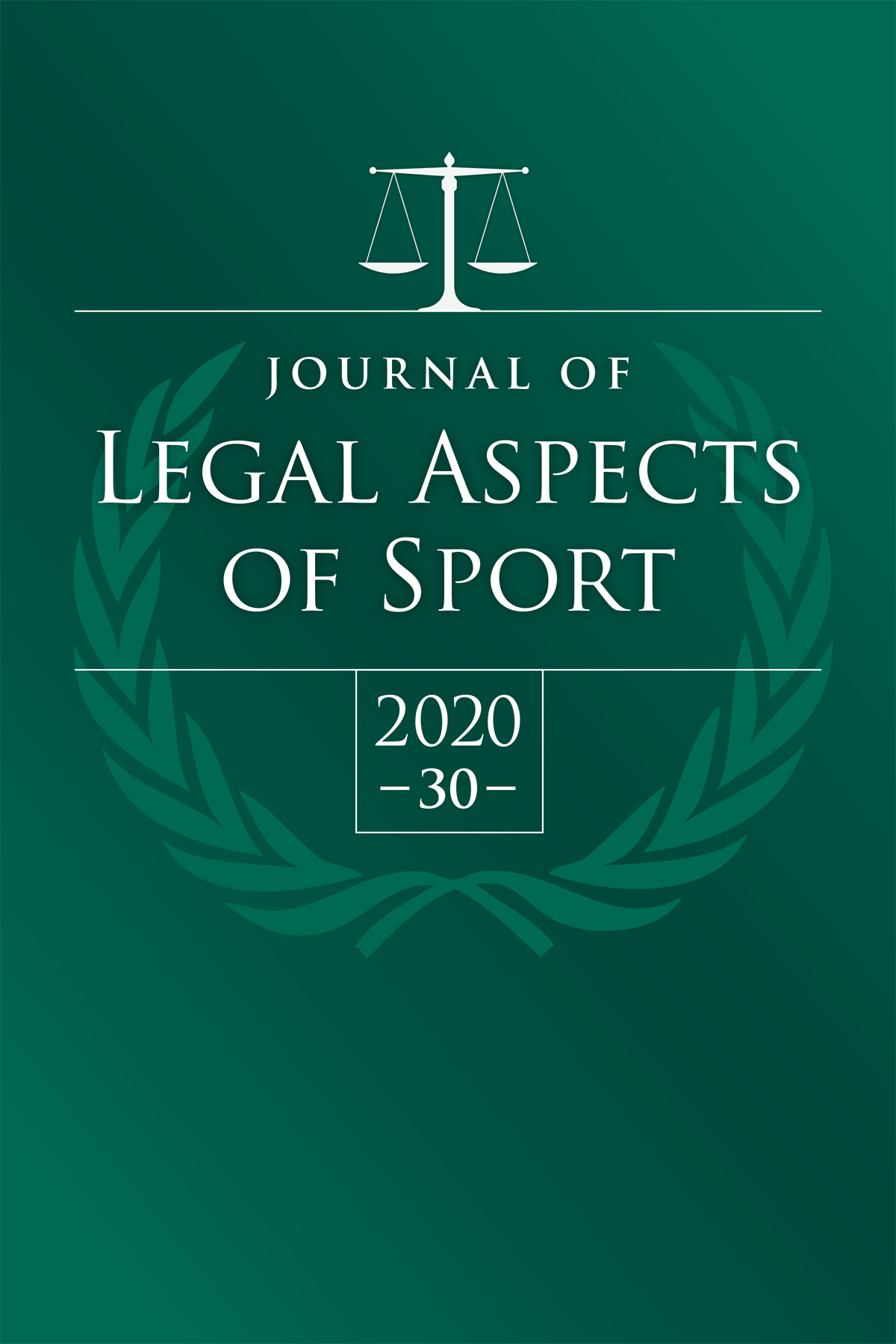‘Standing’ Up for State Rights in Sports Betting
DOI:
https://doi.org/10.18060/24266Keywords:
sports gambling, wagering, PASPA, Professional and Amateur Sports Protection Act, standing, federal legislation, state lawAbstract
In Gov. Murphy, et al. v. Nat’l Collegiate Athletic Ass’n, et al., the Supreme Court resolved one sports betting-related federalism issue and teed up another. In deciding the constitutionality of the Professional and Amateur Sports Protection Act (“PASPA”), the Supreme Court considered PASPA vis-à-vis the anti-commandeering doctrine embedded in the Tenth Amendment. The Supreme Court’s majority opinion, written by Justice Alito, concluded: “The PASPA provision at issue here—prohibiting state authorization of sports gambling—violates the anti-commandeering rule.” Justice Alito also foreshadowed the next federalism issue that will likely arise in the sports betting context: “Congress can regulate sports gambling directly, but if it elects not to do so, each State is free to act on its own.” Numerous states have accepted the Supreme Court’s invitation since its ruling was released on May 14, 2018. As of April 30, 2020, over a fifteen states have moved to enact sports betting laws, with dozens more considering legislation.

